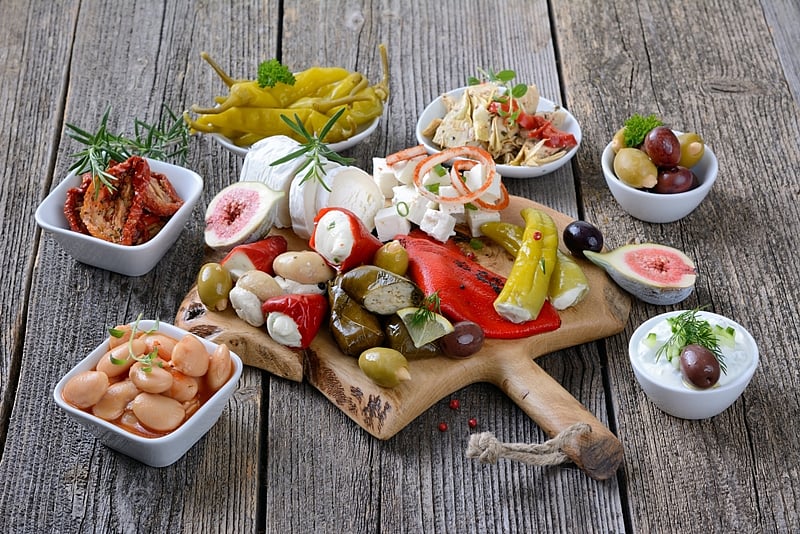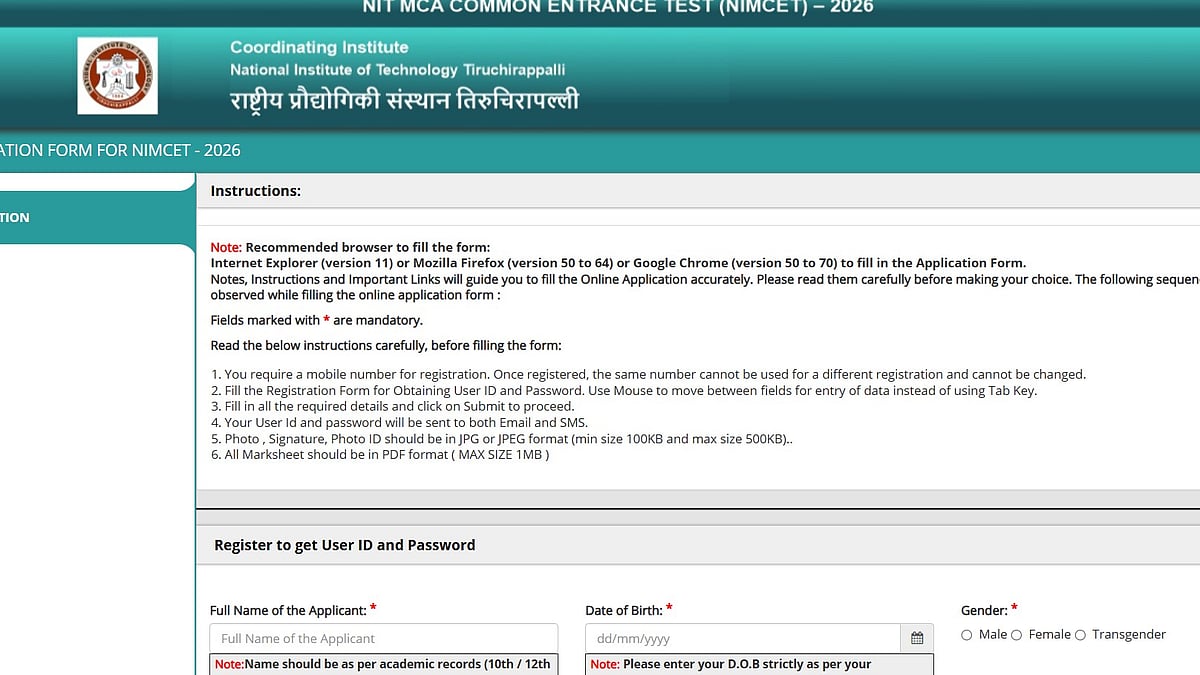London: Food neophobia — or fear of new foods — may lower the quality of a person’s dietary intake, and increase the risk of lifestyle disorders such as cardiovascular diseases and type 2 diabetes. Food neophobia is an eating behaviour trait in which a person refuses to taste and eat food items or foods they are not familiar with.
Researchers from University of Helsinki in Finland and University of Tartu in Estonia examined the independent impact of eating behaviour, and especially food neophobia, on dietary quality as well as lifestyle diseases and their risk factors. “The findings reinforce the idea that a versatile and healthy diet plays a key role, and even has an independent role in health,” said Markus Perola from the Finnish National Institute for Health and Welfare.
The study monitored individuals aged between 25 and 74 years during a seven-year follow-up. Food neophobia has been observed to be a strongly hereditary trait: twin studies have found that up to 78 per cent of it may be hereditary. The trait can be easily measured using the FNS questionnaire (Food Neophobia Scale), which contains ten questions charting the respondent’s eating behaviour.
The FNS questionnaire was also used to measure and quantify the fear of new foods in this study. Food neophobia is common in children and older persons, in particular. Few studies have so far been carried out on food neophobia in the adult population.
Traits similar to food neophobia, including picky and fussy eating, also occur in different age groups in the population. These eating behaviours may also have a significant impact on dietary quality and subsequently health. As different traits associated with eating behaviours have overlapping characteristics making a clear-cut distinction between them is challenging.
The study found that food neophobia is linked to poorer dietary quality: for example, the intake of fibre, protein and monounsaturated fatty acids may be lower and the intake of saturated fat and salt greater in food neophobic individuals.
Additionally, a significant association was found between food neophobia and adverse fatty acid profile and increased level of inflammatory markers in blood. Subsequently, food neophobia also increases the risk of developing cardiovascular diseases or type 2 diabetes.




